Hi! Our privacy policy explains how we use your data and cookies. By continuing to browse the site, you're agreeing to our use of cookies.
Phytochemicals - Everything you need to know
- Matt WrightMay 01, 2017
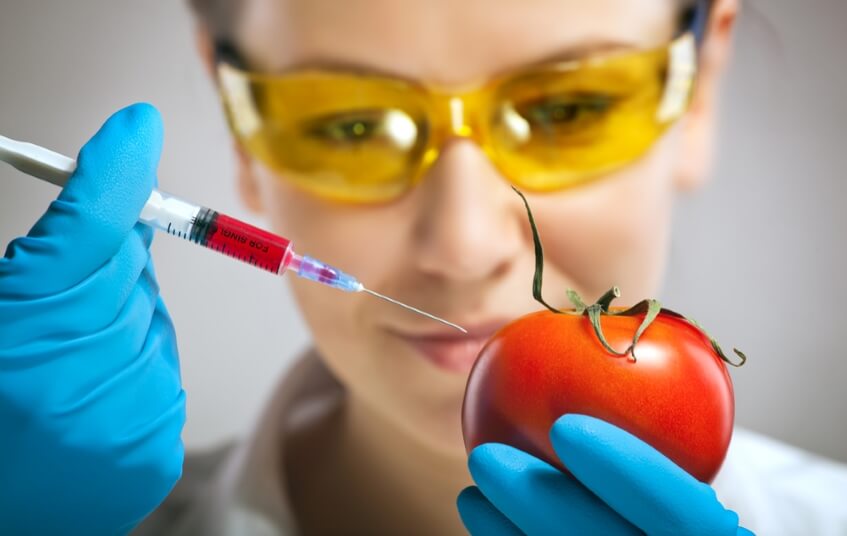
Share
There’s a lot of interest in phytochemicals/polyphenols but most people don’t know what they are or where they come from. You will have heard of some of them, such as beta carotene, that makes carrots orange, but do you know any more? No? then read on to find out all about them.
Phytochemicals are chemicals produced by plants. These are the chemicals that plants use to defend themselves against disease.
For example, plants protect themselves against bacteria, fungi, viruses and cell damage with phytosterols, carotenoids, flavonoids, isothiocyanates and similar chemicals.
Research has shown that these same chemicals can prove equally beneficial to the human body, helping in areas like cancer, heart disease and diabetes prevention.
Cancer protection
The National Cancer Institute has determined in laboratory studies that more than 1,000 different phytochemicals possess cancer-preventive activity.
It is estimated that there could be more than 100 different phytochemicals in just a single serving of vegetables. Numerous cell-culture and animal model studies have been conducted to evaluate the ability of specific edible plants to prevent cancer.
As early as 1980, the NCI’s Chemoprevention Programme began evaluating phytochemicals for safety, efficacy and applicability for cancer prevention.
Michael Sporn coined the term ‘chemoprevention’ in the mid 1970s to describe the strategy of blocking or slowing the onset of tumours with relatively nontoxic chemical substances.
The NCI has more than 400 potential agents under investigation and is sponsoring more than 65 Phase I, Phase II and Phase III chemoprevention trials. These involve various substances or their mixtures, many of which are food-borne phytochemicals.
Cell Signaling
Phytochemicals are often accredited as being antioxidants, however their antioxidant (cleansing) activity is far less powerful than their positive influence on cell signaling (how cells communicate with each other). Healthy cell signaling is vital in the prevention of the distortions that lead to cancer.
Make sure you’re getting enough
Studies have consistently shown that diets high in fruit and vegetables reduce the risk of chronic disease, however the complex interactions between recognised and unidentified phytochemicals is not yet fully understood.
Evidence that very high doses in the form of supplements of individual phytochemicals are beneficial is inconsistent and weak adding to the argument to eat naturally to maximise the as yet not fully understood interactions between phytochemicals.
An easy way to make sure you are getting a healthy intake of phytochemicals is to keep a food diary. CheckYourFood has a food diary that not only shows how many calories, carbs and proteins are in your food, but every vitamin, mineral and phytochemical.

Matt Wright
Director - Nutrient expert, researcher & data miner
I am responsible for the scientific research and data oversight at the CheckYourFood Group. A great journey of discovery for me as I uncover the myriad of goodness that natural food contains and facilitate others to promote health and wellbeing.
Love this? Get blogs and more in your inbox
Subscribe to receive our blogs plus each weeks featured ingredient, recipe and nutrient in your inbox
SUBSCRIBE
Thank you for registering
Search
Recent Posts
Tags
- added sugar
- alkaline
- alzheimer’s
- amino acids
- anti-inflammatory
- antioxidants
- beta carotene
- biotin
- black pepper
- blood pressure
- boil
- brocolli
- calcium
- calorie
- calories
- cancer
- capsaicin
- carbohydrate
- carotenoids
- chicken recipes
- chocolate
- cholesterol
- choline
- christmas
- clean eating
- coenzyme q10
- copper
- covid-19
- curry
- dementia
- detox
- diabetes
- diet
- easter
- endurance
- energy
- equinox
- fat
- fats
- fatty acids
- fibre
- fish
- flavonoid
- folate
- food battles
- food diary
- food tracker
- fruit
- gut health
- halloween
- health
- health goals
- heart disease
- high fructose corn syrup
- ibs
- immune system
- in season
- iodine
- iron
- kids yogurt
- life
- lipoic acid
- liver
- low carb
- lutein and zeaxanthin
- lycopene
- macronutrients
- magnesium
- manganese
- medicine
- mental health
- micronutrients
- microwave
- minerals
- myricetin
- natural sugar
- niacin
- nutrition
- obesity
- olive oil
- omega 3
- omega 6
- organic
- pantothenic acid
- phenylalanine
- phosphorus
- phytochemicals
- phytosterols
- pizza
- polyphenols
- potassium
- pregnancy
- probiotic
- protein
- quercetin
- rda
- recipe
- red wine
- resveratrol
- retention
- riboflavin
- saturated fat
- selenium
- seniors
- soup
- spice
- steam
- stress
- stroke
- sugar
- sugar free yogurt
- superfood
- supplements
- teaching
- thanksgiving
- thiamin
- thyroid
- tomatoes
- turmeric
- veg
- vegan
- vegetables
- virus
- vision
- vitamin a
- vitamin b12
- vitamin b6
- vitamin c
- vitamin d
- vitamin e
- vitamin k
- vitamins
- water
- weight loss
- weightloss
- yogurt
- zinc

The personalised nutrition platform for health hungry people

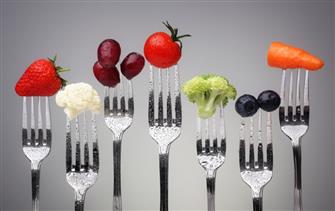 About nutrients
About nutrients
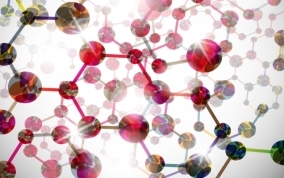 All nutrients
All nutrients
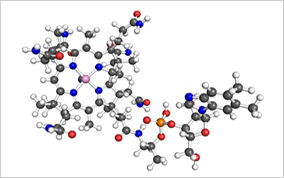 vitamins
vitamins
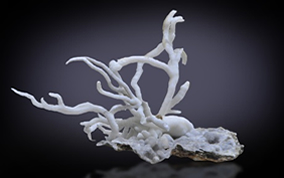 minerals
minerals
 phytochemicals
phytochemicals
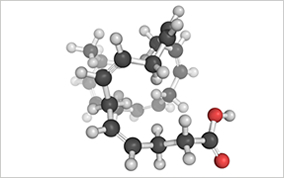 fatty acids
fatty acids
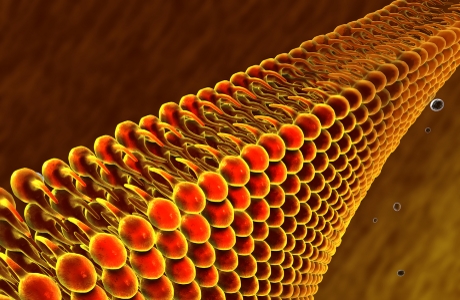 macronutrients
macronutrients
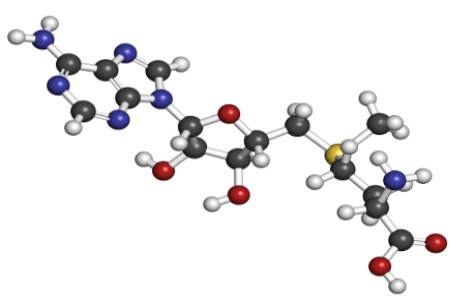 amino acids
amino acids


